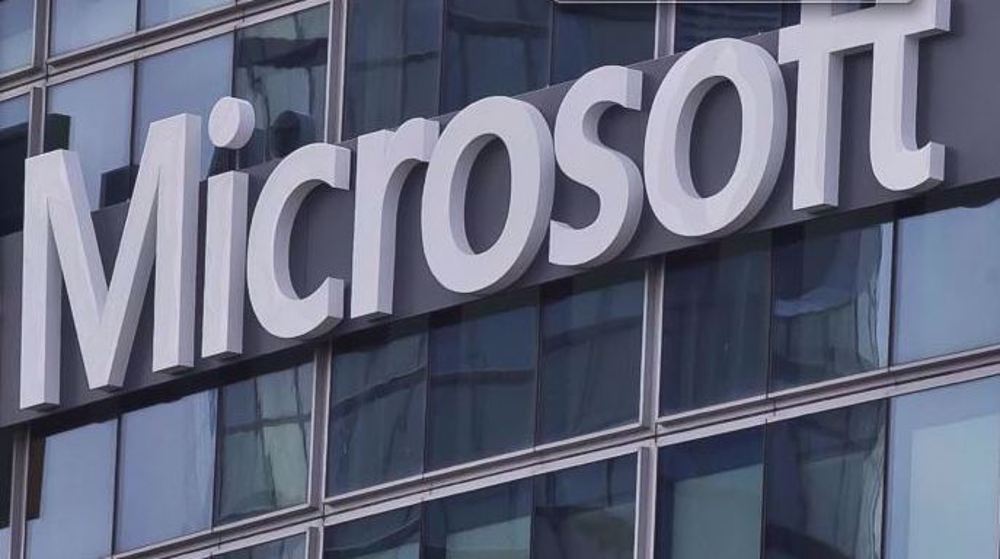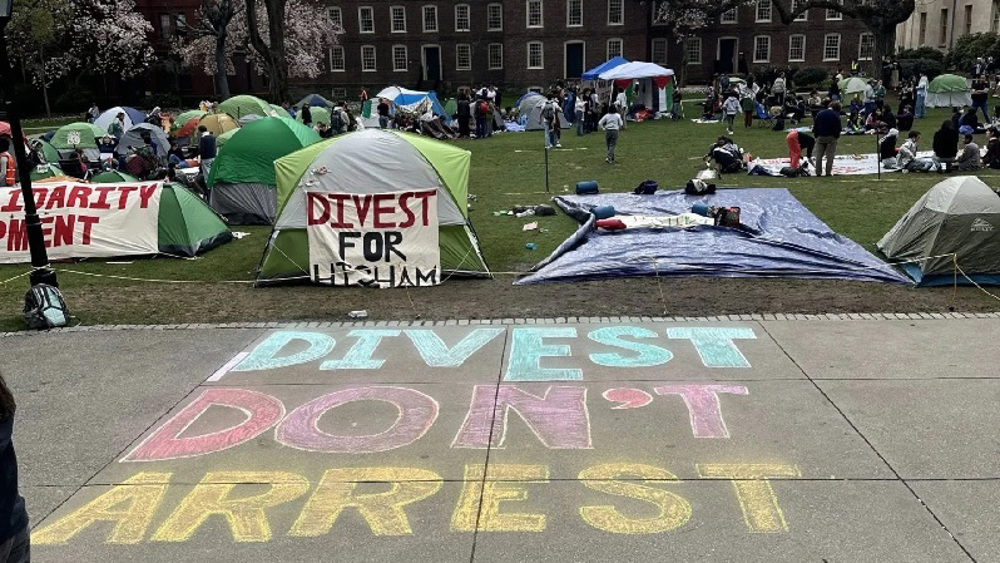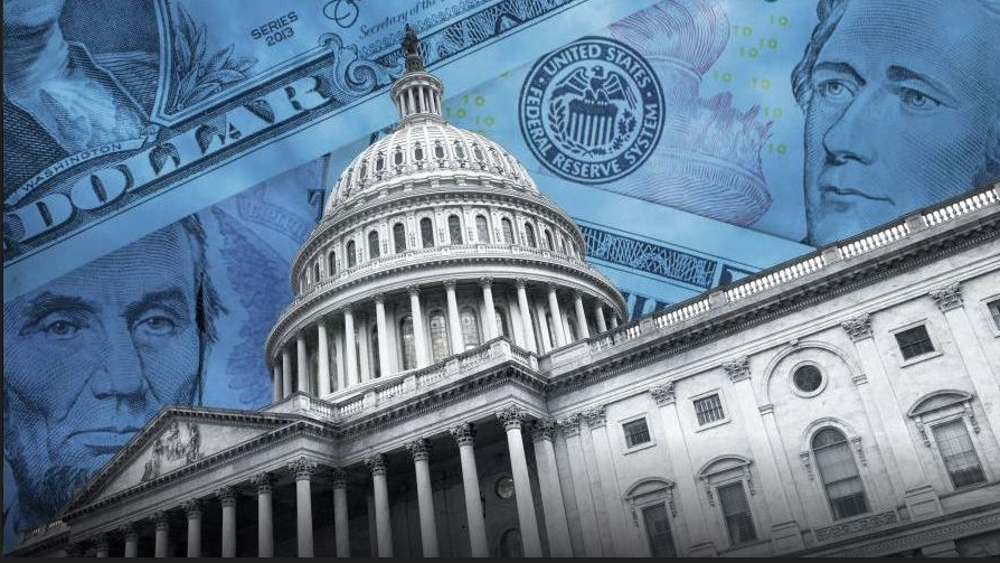Trump’s decision on Paris deal to affect foreign direct investment: UN
President Donald Trump's decision to withdraw the US from the landmark Paris agreement will affect foreign direct investment (FDI) and may lead to investor-state arguments, says the head of investment at the UN trade and development agency UNCTAD.
James Zhan, senior director of investment and enterprise at UNCTAD, said Friday that US policy had an important influence on the global pattern of FDI flows like crossborder corporate mergers and investment in start-up projects overseas.
"We cannot quantify it but we see there will be an important impact on global FDI and on FDI into the US as well," Zhan (pictured below) said, referring to Trump's announcement Thursday that he was pulling the US from the 2015 global deal to fight climate change.

Many countries have signed up to investment treaties aimed at protecting the rights of companies. The treaties allow companies to sue a government in an ad hoc arbitration if they feel their rights have been violated, such as by a change in the legal basis they made their investment on.
The purpose of so-called investor-state dispute settlement (ISDS) is to reassure investors, however, it is contentious because it allows companies rights over governments, leading to huge payouts, such as Ecuador's agreement to pay Occidental Petroleum Corp approximately $980 million for confiscating one of its oil fields.
Zhan said how Trump's decision would impact others still depended on whether other countries would follow suit, adding, most countries had already adopted policies pertaining to the Paris accord.
"And now what are they going to do? Are they going to adjust for that? Investors have already envisaged the investment prospects and the business prospects and the potential benefit from the policies that have been put in place," Zhan said.

The Paris Climate Agreement was negotiated by representatives of 195 countries in Paris and went into effect on November 4, 2016.
Trump’s decision has provoked furious backlash from the signatories of the accord and caused protests in the US.
He called the deal a hoax by China. During his election campaign, he vowed to "cancel" the agreement in order to bolster US oil and coal giant, which bankrolled his campaign.
VIDEO | Press TV's news headlines
Iranian satellites launched into space as private sector debuts in space industry
VIDEO | Iran, Azerbaijan conduct joint maritime rescue operations
VIDEO | Yemen’s Red Sea divide: Naval forces block Israeli-linked ships in strategic ‘parting of the water’
VIDEO | Southern Gaza: Israel’s facade for famine and suffering
VIDEO | IOF hampering humanitarian aid
VIDEO | Sharmahd: Justice Done
Iran repeatedly warned Israel not to test its will: FM














 This makes it easy to access the Press TV website
This makes it easy to access the Press TV website